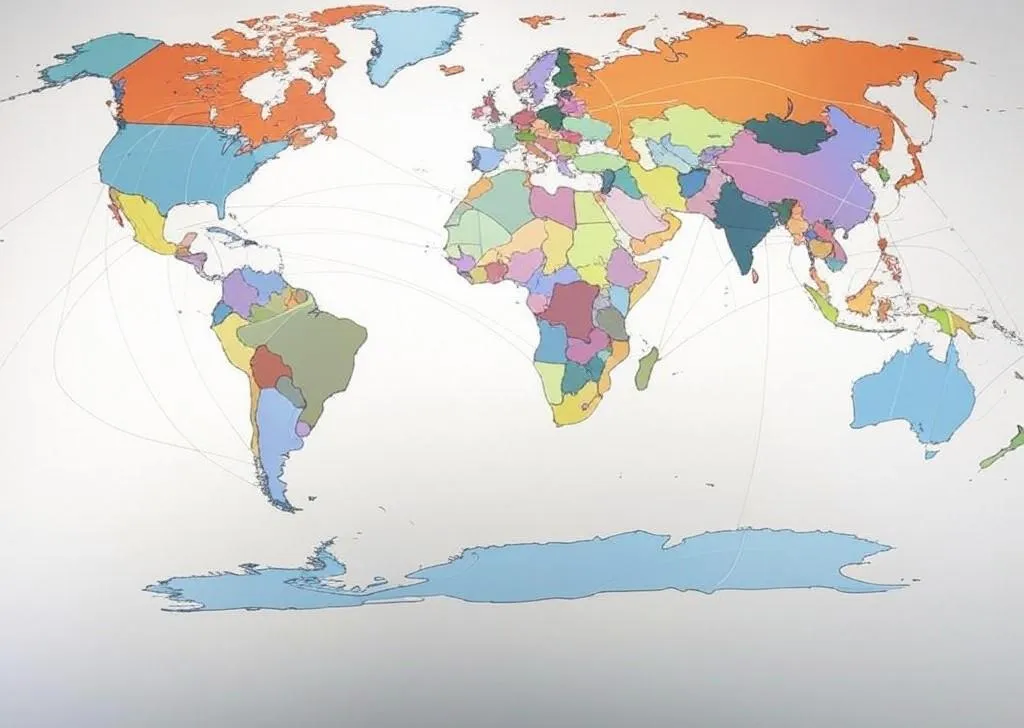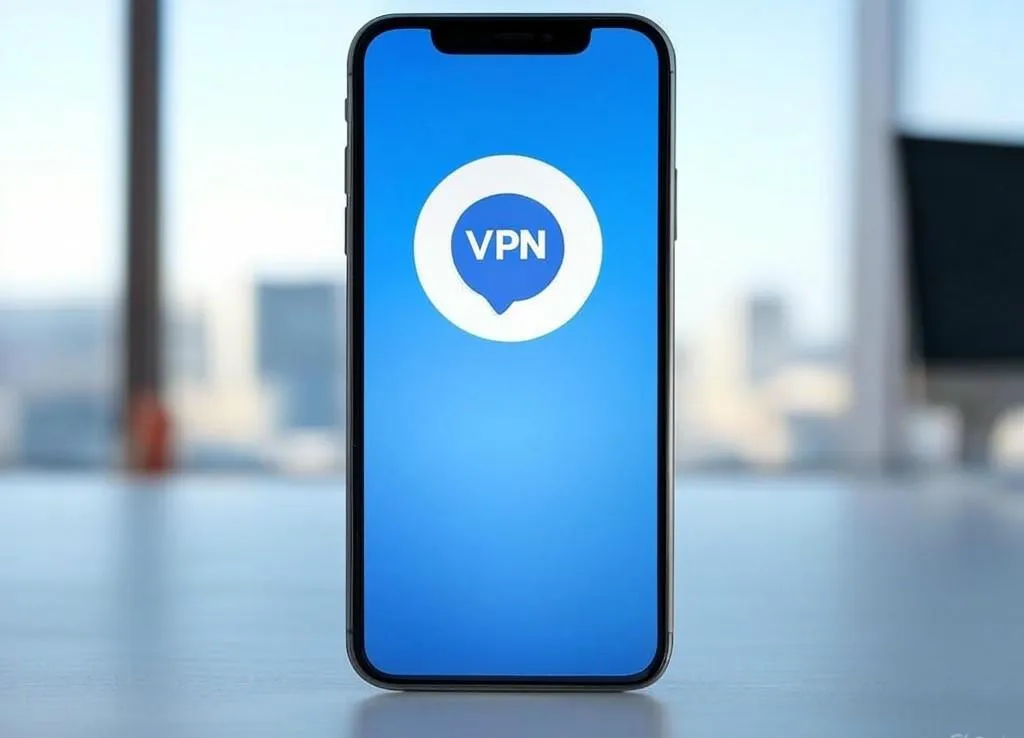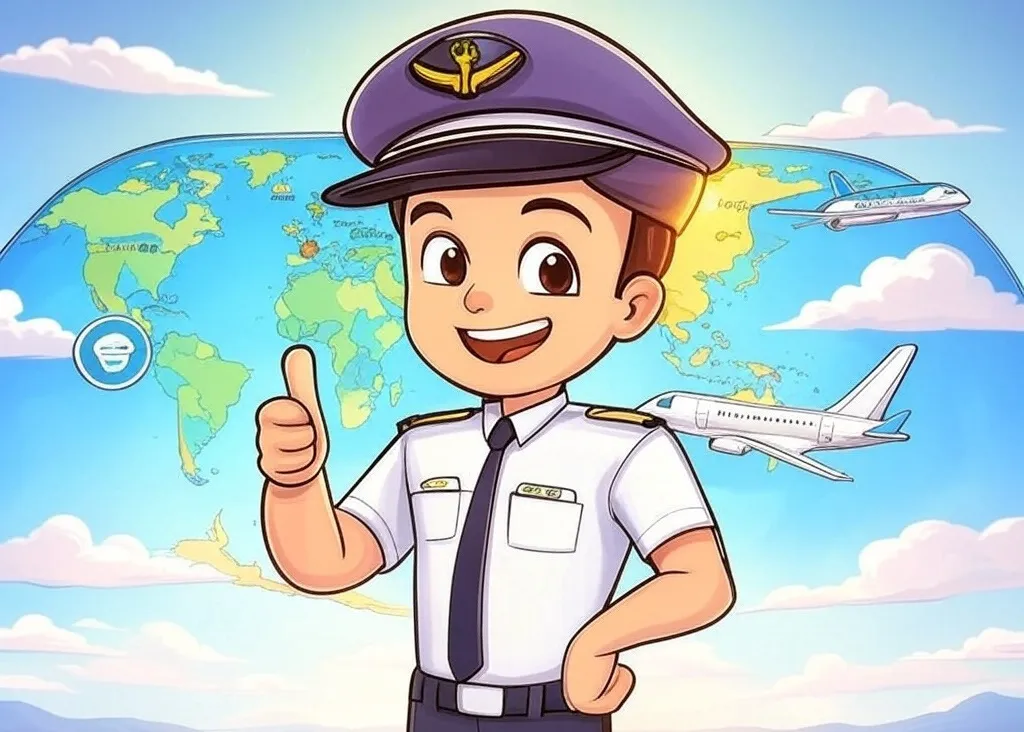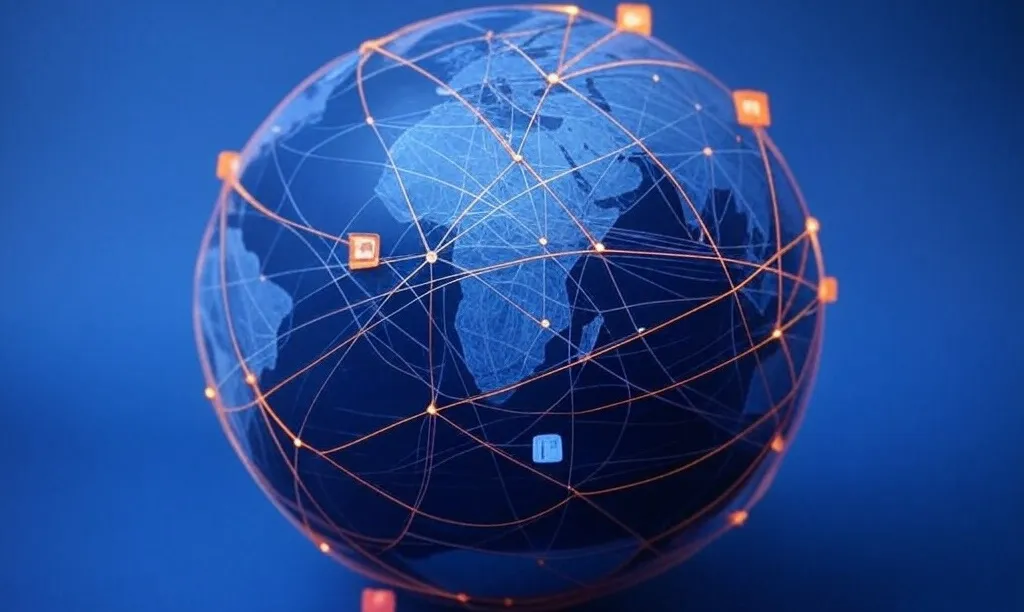Countries and VPN: which countries allow the use of VPN?
Hey there, fellow internet wanderers! It’s your pal Alberto B. here, diving into the wild and wonderful world of VPNs for vpnwarzone.com. Today, we’re tackling a question that pops up more often than a pesky pop-up ad: which countries allow the use of VPNs? If you’re as curious as I am about navigating the digital landscape without borders (or getting caught in a virtual no-man’s-land), stick with me. I’ve got the full scoop, a sprinkle of humor, and a whole lot of details to share in this guide. So, grab a coffee, settle in, and let’s explore the global VPN scene together!
Table of Contents
Why VPNs Matter (And Why Some Countries Care)
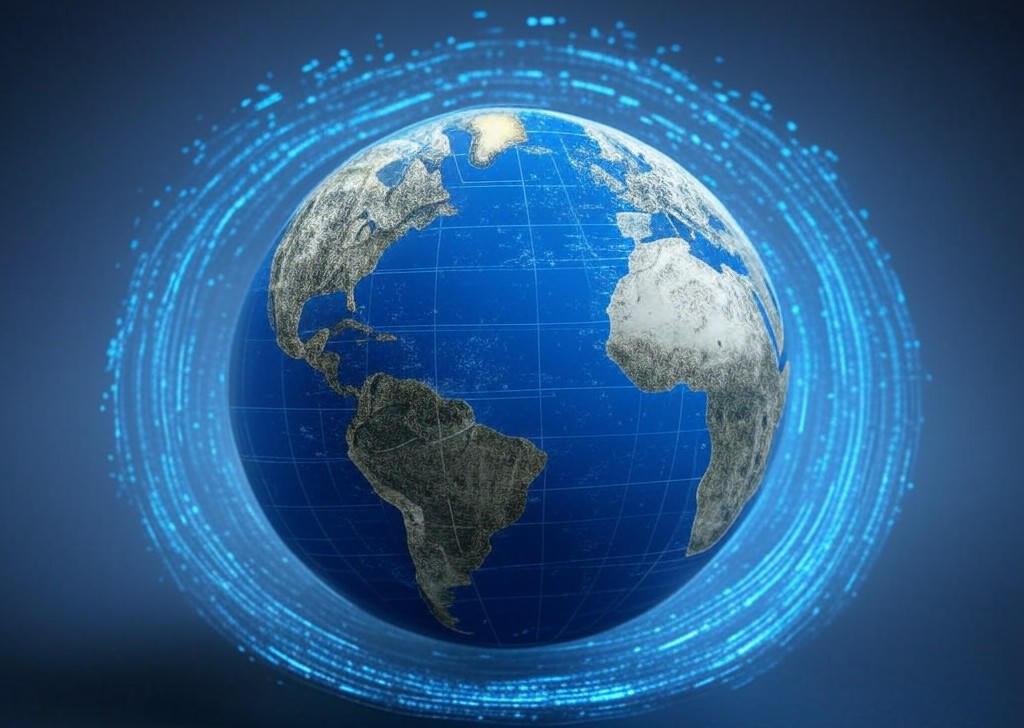
Before we jump into the list of countries, let’s chat about why VPNs are such a big deal. A Virtual Private Network, or VPN, is like a secret tunnel for your internet traffic. It hides your location, encrypts your data, and lets you access content that might be blocked in your area. Pretty neat, right? Whether you’re streaming a show from another country, working remotely, or just wanting to keep your online life private, VPNs are a game-changer.
But here’s the kicker: not every country is cool with VPNs. Some governments see them as a threat to control over information, while others worry about illegal activities hiding behind that encryption. As a curious soul, I couldn’t help but dig into the nitty-gritty of where VPNs are allowed, restricted, or outright banned. Let’s break it down!
The Global VPN Landscape: A Quick Overview
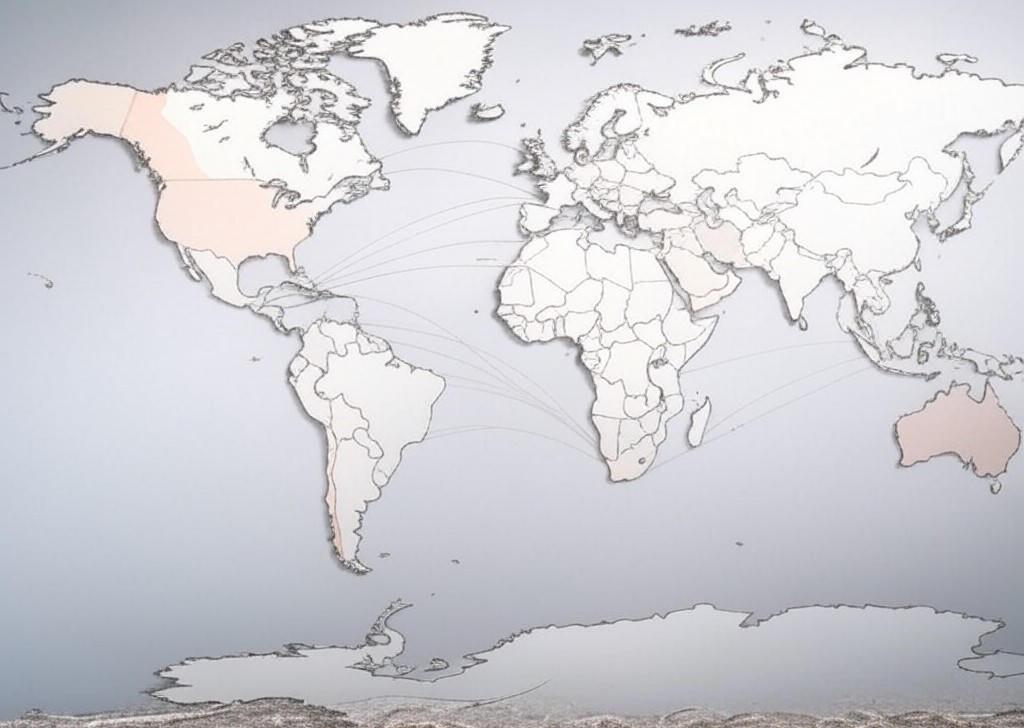
The world of VPN legality is a patchwork quilt. Some countries welcome VPNs with open arms, others put up a few hurdles, and a handful slam the door shut. I’ve split this guide into categories to make it easier to follow. We’ll look at:
- Countries where VPNs are fully legal and unrestricted.
- Countries with partial restrictions or gray areas.
- Countries where VPNs are banned or heavily regulated.
Keep in mind, laws can change faster than a trending TikTok dance, so I’ll do my best to keep this as up-to-date as possible. If you’re planning to use a VPN in a specific country, always double-check the latest local regulations. Safety first, folks!
Countries Where VPNs Are Fully Legal

Let’s start with the good news. A ton of countries have no issue with VPNs, and you can use them freely for whatever legal purpose you’ve got in mind. Here are some highlights from this group, along with a few fun tidbits I uncovered in my research.
United States
In the land of the free, VPNs are 100% legal. Whether you’re in New York or Nebraska, you can fire up your VPN to stream, browse, or protect your data. The US doesn’t regulate VPN usage, though they do expect you to follow the law while using one (no hacking or piracy, please!). Fun fact: with all the cyber threats out there, VPN usage in the US has skyrocketed. I mean, who doesn’t want to keep their Wi-Fi snooping neighbor at bay?
Canada
Up north, Canada is just as VPN-friendly. There are no laws against using a VPN, and many Canadians use them to access US Netflix or secure public Wi-Fi. The government here values privacy (eh, they’re polite like that), so you’re good to go. I’ve got a soft spot for Canada, mostly because of their maple syrup, but their VPN stance is a sweet bonus.
United Kingdom
Across the pond, the UK gives a hearty thumbs-up to VPNs. You can use them for privacy, streaming, or bypassing geo-restrictions. However, just like in the US, illegal activities via VPN are a no-no. The Brits are known for their love of tea and strict copyright laws, so don’t try torrenting pirated content while sipping your Earl Grey.
Most of Europe
Speaking of Europe, most countries in the EU are VPN-friendly. Think Germany, France, Italy, Spain, and the Netherlands. These nations prioritize internet freedom and privacy, especially with laws like GDPR in play. I was thrilled to learn that even smaller countries like Luxembourg and Estonia are on board with VPNs. Europe’s basically a VPN paradise, and I’m already daydreaming about testing one out while munching on croissants in Paris.
Australia and New Zealand
Down under, both Australia and New Zealand have no bans on VPNs. Aussies and Kiwis use them for streaming, gaming, and security without any legal hassle. That said, Australia has some strict data retention laws, so picking a no-logs VPN is a smart move. Fun fact: I read that Aussies love VPNs to dodge high streaming costs. Gotta admire that resourcefulness!
Japan and South Korea
In Asia, tech-savvy nations like Japan and South Korea are cool with VPNs. They’re legal, widely used, and often encouraged for privacy. South Korea, with its lightning-fast internet, sees tons of VPN usage for gaming and streaming. Meanwhile, Japan’s all about cybersecurity, so VPNs fit right in. I’m tempted to visit Tokyo just to test my connection speed with a VPN on!
This isn’t the full list (there are over 190 countries, after all!), but most democracies with a focus on internet freedom fall into this category. If a country isn’t mentioned later in the restricted or banned sections, it’s likely VPN-friendly. Still, my curious nature says to always check before you click “connect.”
Countries with Partial Restrictions or Gray Areas
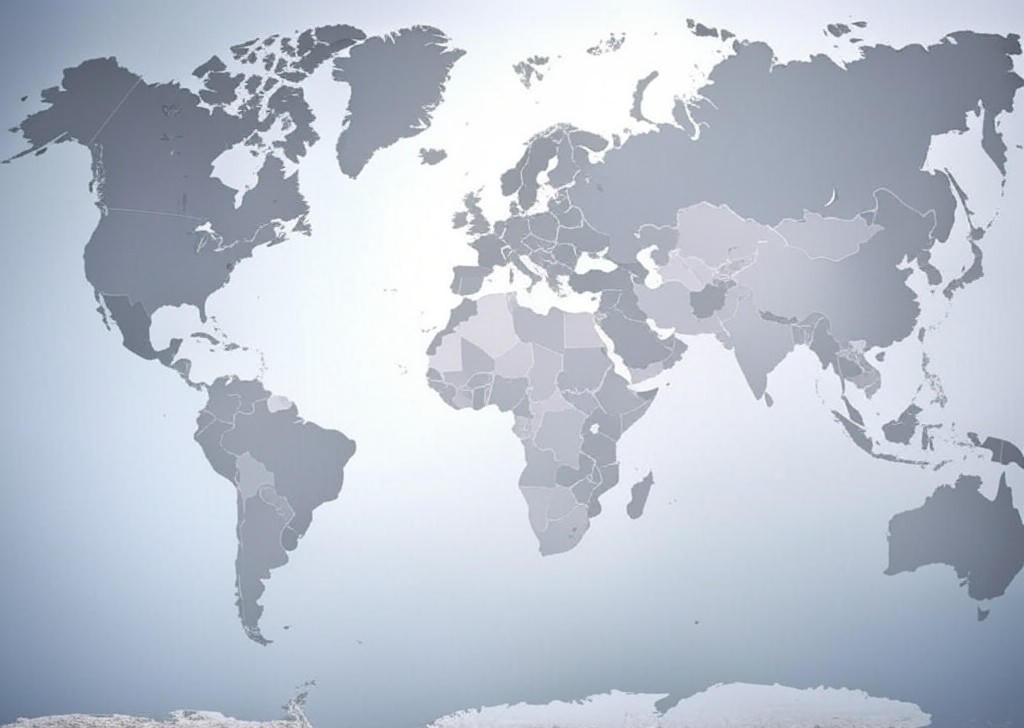
Now we’re getting into murky waters. Some countries don’t outright ban VPNs but have rules or conditions that make usage tricky. Let’s unpack a few of these.
India
India’s a bit of a puzzle. VPNs aren’t illegal, but recent laws require VPN providers to store user data for five years and hand it over to the government if requested. Many top VPNs, like NordVPN and ExpressVPN, have pulled their servers out of India rather than comply. So, while you can use a VPN, your privacy might not be as ironclad. I’m fascinated by how India balances tech innovation with control, but it’s a reminder to pick a VPN carefully.
Russia
Russia’s relationship with VPNs is like a complicated soap opera. They’re not banned for personal use, but since 2017, VPN providers must register with the government and block access to banned websites. Most reputable VPNs refuse to play ball, so they’re technically illegal to operate in Russia. Many Russians still use them to bypass censorship, but it’s a risky game. Honestly, I’d think twice before connecting in Moscow.
United Arab Emirates (UAE)
In the UAE, VPNs are legal for personal and business use, but there’s a catch. Using a VPN to access banned content (like VoIP services or certain websites) or commit crimes can land you in hot water, with fines up to 2 million AED (yikes!). It’s a shiny, modern country, but their internet rules are strict. If you’re in Dubai, tread lightly and maybe stick to cat videos.
Singapore
Singapore doesn’t ban VPNs, but they’ve got tight internet regulations. Using a VPN for illegal stuff, like accessing blocked content, can get you fined. The government’s all about order, so they keep a close eye on online activity. I admire their efficiency, but I’d rather not test their limits with a VPN mishap.
These gray-area countries show how VPN legality isn’t always black and white. My creative side loves imagining the debates behind these laws, but my practical side says to research twice before connecting.
Countries Where VPNs Are Banned or Heavily Regulated
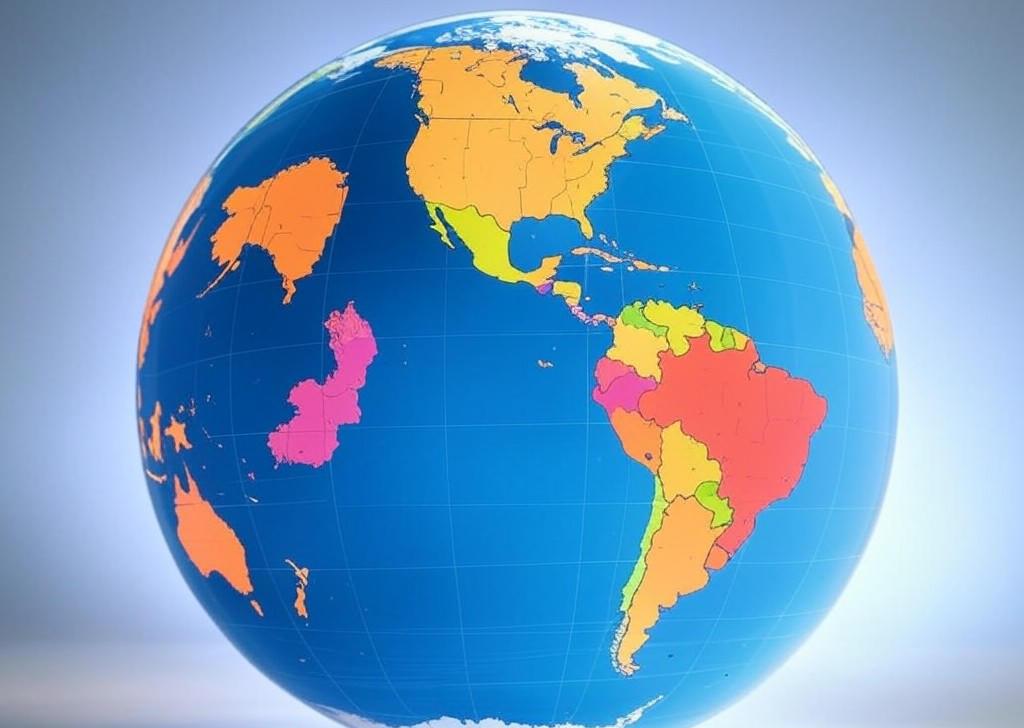
Alright, brace yourselves. Some countries have zero tolerance for VPNs, often due to censorship or control over information. Here’s where things get dicey.
China
China’s Great Firewall is legendary, and VPNs are a big no-no unless they’re government-approved (and those don’t really protect your privacy). Unauthorized VPNs are illegal, and the government cracks down hard with fines or jail time. Some expats and locals still use them to access blocked sites like Google, but it’s a huge risk. I’m endlessly curious about China’s internet policies, but I wouldn’t dare test them myself.
North Korea
No surprises here: North Korea bans VPNs entirely. Internet access is heavily restricted, and only a tiny elite can even go online. Using a VPN? Forget it. You’d be in serious trouble. I’ve read wild stories about their intranet system, and it’s like stepping into a digital time capsule. Fascinating, but terrifying.
Iran
In Iran, VPNs are illegal unless approved by the state, and unauthorized usage can lead to fines or imprisonment. The government blocks tons of websites, and they view VPNs as a way to bypass their control. It’s a tough spot for anyone wanting online freedom. My heart goes out to folks there trying to stay connected.
Belarus
Belarus has banned VPNs since 2015 as part of their internet censorship laws. The government wants full control over online content, and VPNs are seen as a threat. Penalties for usage can be steep. I’m always amazed at how far some regimes go to lock down the web, but it’s a grim reality.
Turkmenistan
Turkmenistan takes internet control to the extreme. VPNs are banned, and internet access is so limited that most citizens can’t even dream of using one. The government monitors everything, and penalties are harsh. It’s one of the least connected countries in the world, which blows my mind in 2023.
Other countries like Iraq, Oman, and Syria also have strict VPN bans or heavy regulations, often tied to political control or security concerns. It’s a sobering reminder of how internet freedom isn’t universal.
How to Stay Safe and Informed
Now that we’ve toured the world of VPN legality, let’s talk safety. If you’re traveling or living in a country with restrictions, here are some tips from yours truly:
- Research Local Laws: Always check the latest rules before using a VPN. What’s legal today might not be tomorrow.
- Choose a Reputable VPN: Go for providers with a no-logs policy and strong encryption. My favorites are NordVPN and Surfshark, but do your own digging!
- Avoid Free VPNs: They often sell your data or have weak security, which is the last thing you need in a restricted country.
- Be Discreet: Don’t flaunt your VPN usage in places where it’s frowned upon. Keep it low-key, like a secret recipe for grandma’s lasagna.
I’m no legal expert, just a curious guy who loves the internet, so consider this friendly advice rather than gospel. When in doubt, consult a professional or local resources.
Wrapping Up: The VPN World Is Wild
Phew, what a journey! From VPN havens like the US and Canada to strict regimes in China and North Korea, the global landscape is as varied as a buffet table. As someone who’s endlessly curious about tech and freedom, I find it both exciting and a bit unsettling to see how different countries handle VPNs. My creative side imagines a world where everyone can browse freely, but until then, we’ve got to navigate the rules as they are.
I hope this guide helps you figure out where you can safely use a VPN, whether you’re a digital nomad, a streaming junkie, or just someone who values privacy. If you’ve got questions, funny stories, or updates on VPN laws, drop a comment below. I’m all ears (or, well, all eyes since it’s text). Stay safe out there in the digital wild west, and keep exploring with me here at vpnwarzone.com. Until next time, this is Alberto B. signing off with a virtual high-five!
